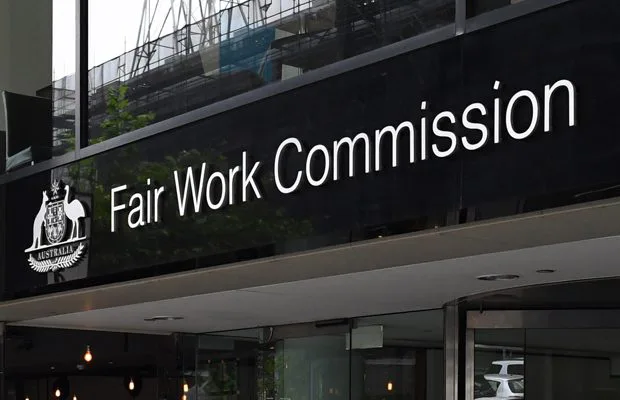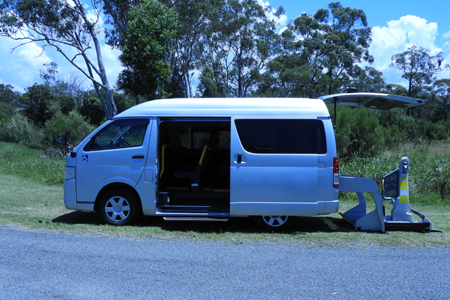NDIA Tightens STA Rules: What Participants and Providers Need to Know
If you’ve recently experienced delays or confusion when claiming Short Term Accommodation (STA) through the NDIS, you’re not alone. The NDIA has increased its oversight of STA funding to ensure it’s being used properly — and that means claims are now subject to more detailed reviews, longer wait times, and stricter eligibility checks.
At Coastal Connect Independence, we’re here to help you understand what’s changed and how to stay compliant.
Why the NDIA is Reviewing STA More Closely
STA is intended to give people with disability a short break from their regular routines while also providing their informal supports (like family carers) time to recharge. However, the NDIA has become more concerned about the use of STA for non-support-related activities, such as holiday travel.
As a result, the NDIA is applying tighter scrutiny to STA invoices, especially where:
-
The accommodation is located far from the participant’s usual place of residence
-
Activities appear more recreational than support-based
-
The support ratio doesn’t align with the participant’s plan
-
Insufficient documentation is provided to justify the claim
This means payments are taking longer to process, and in some cases, claims are being declined altogether.
What This Means for Providers and Participants
To avoid delays or rejected invoices, it’s now essential to provide thorough documentation and ensure your STA booking aligns clearly with the participant’s goals and plan. Providers may be asked to submit additional paperwork such as:
-
A valid service agreement outlining the nature of the support
-
Support logs or staff timesheets showing hours and ratios
-
A detailed activity summary (what was done, why it supports the participant’s goals)
-
Accommodation invoices or receipts
Failure to provide clear evidence could result in unrecoverable costs for providers and out-of-pocket expenses for participants.
What Can Be Claimed Under STA – And What Can’t
To help make sense of it all, here’s a simplified breakdown:
| ✅ Included in STA Funding | ❌ Not Covered by NDIS Under STA |
|---|---|
| Accommodation for the participant | Accommodation for family or support workers |
| Support worker time for personal care or access | Flights, cruises, holiday bookings |
| Meals (in group settings only) | Meals in individual settings |
| Activities (only in group settings, limited) | Theme parks, concerts, movies, events |
| Travel from STA to approved activities | Travel from home to the STA location |
Staying Compliant with STA Claims
Here are our top tips to ensure your STA arrangements follow NDIA requirements:
-
Stick to the Plan: The support ratio provided must match what’s stated in the participant’s NDIS Plan.
-
Choose Wisely: STA should take place close to home when possible — distant locations may be flagged as holidays.
-
Provide Paperwork: Always include detailed logs, receipts, and activity summaries to explain how the stay meets support needs.
-
Avoid Holiday Elements: Don’t invoice for recreational travel, tourist attractions, or accommodation unrelated to support delivery.
-
Ask for Help Early: Unsure about an STA booking? Check with your Local Area Coordinator, Support Coordinator, or Plan Manager before proceeding.
What About Emergency Accommodation?
It’s also worth noting that the NDIS does not cover emergency accommodation in natural disasters like floods, bushfires, or cyclones. In these situations, state or federal government programs may provide temporary housing support:
Need Help Navigating STA?
Whether you’re a participant, family member, or provider, we understand the system is becoming more complex. Our team at Coastal Connect Independence can assist you with planning, compliance, documentation, and ensuring your STA meets NDIA standards.
📞 Call us on 0412 356 305
📧 Email: info@coastalconnectindependence.com.au
🌐 Visit: www.coastalconnectindependence.com.au





